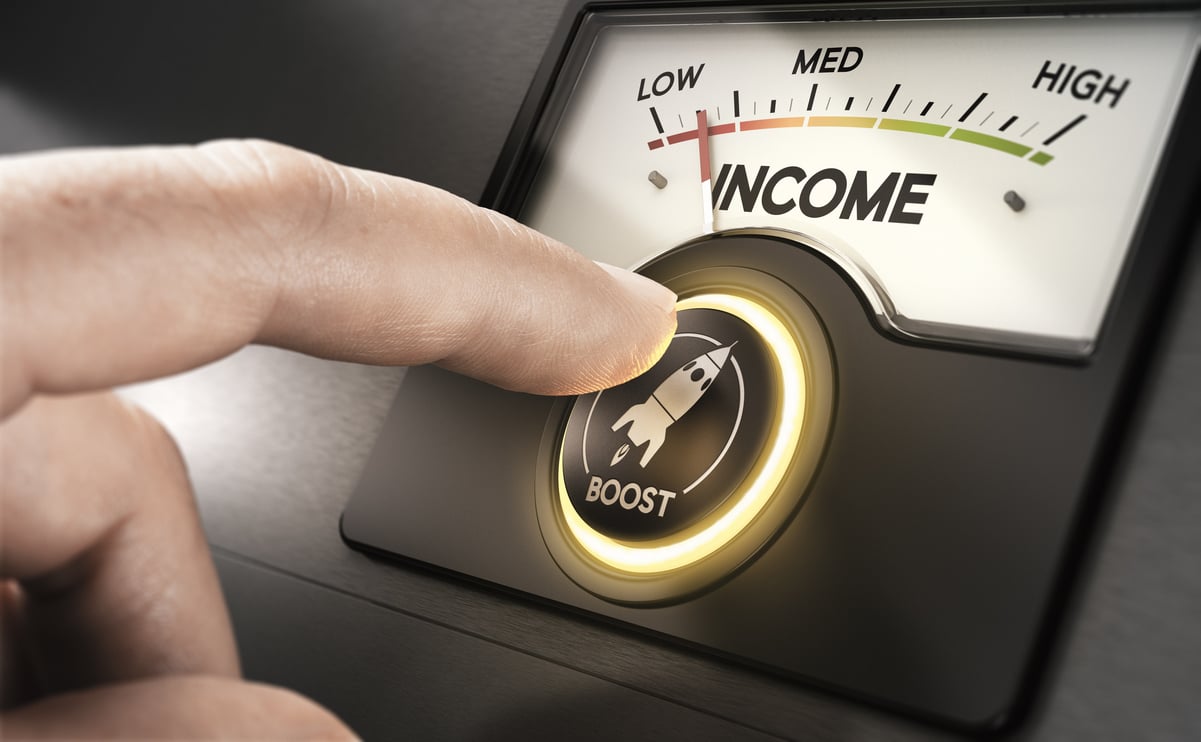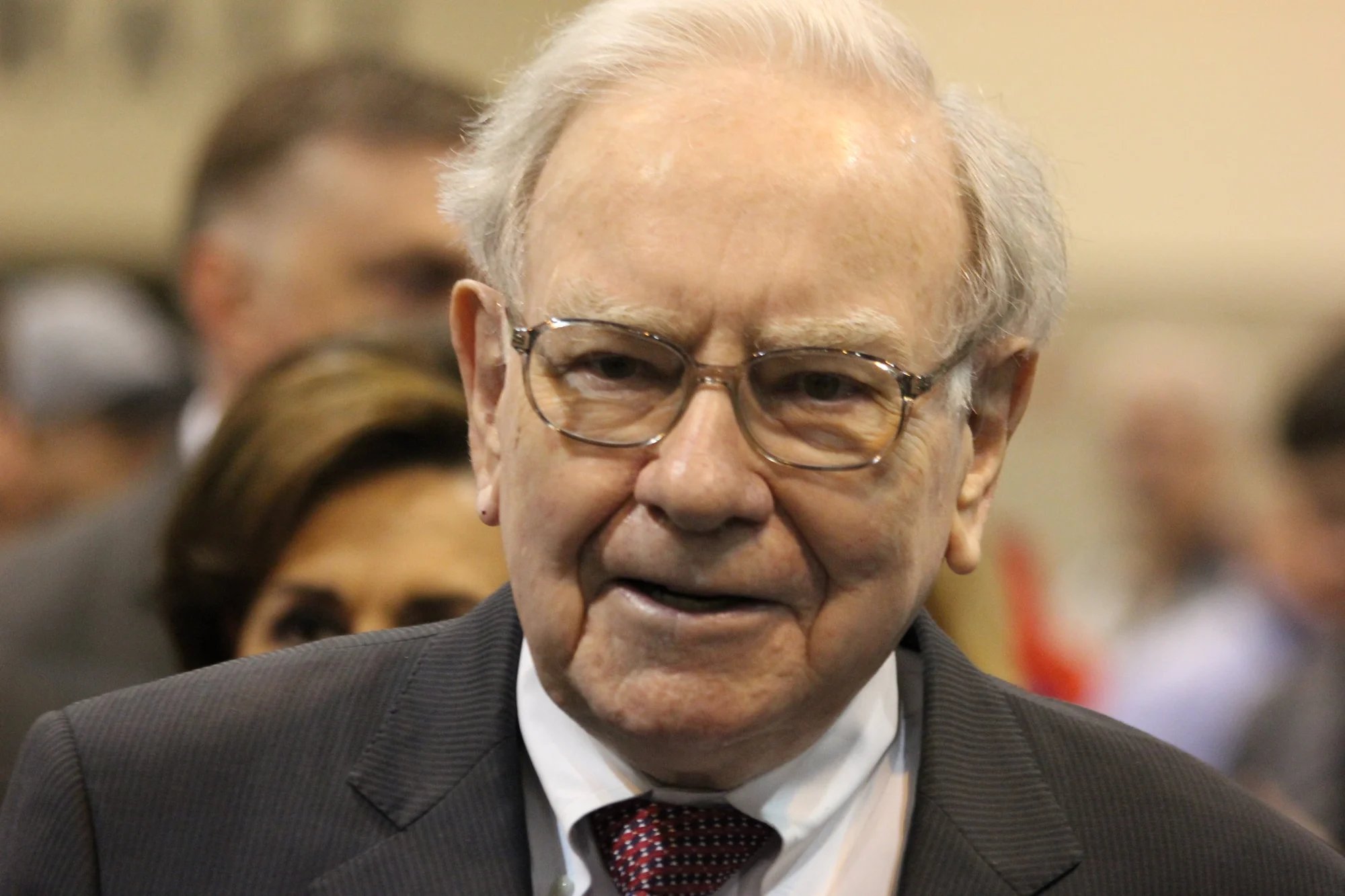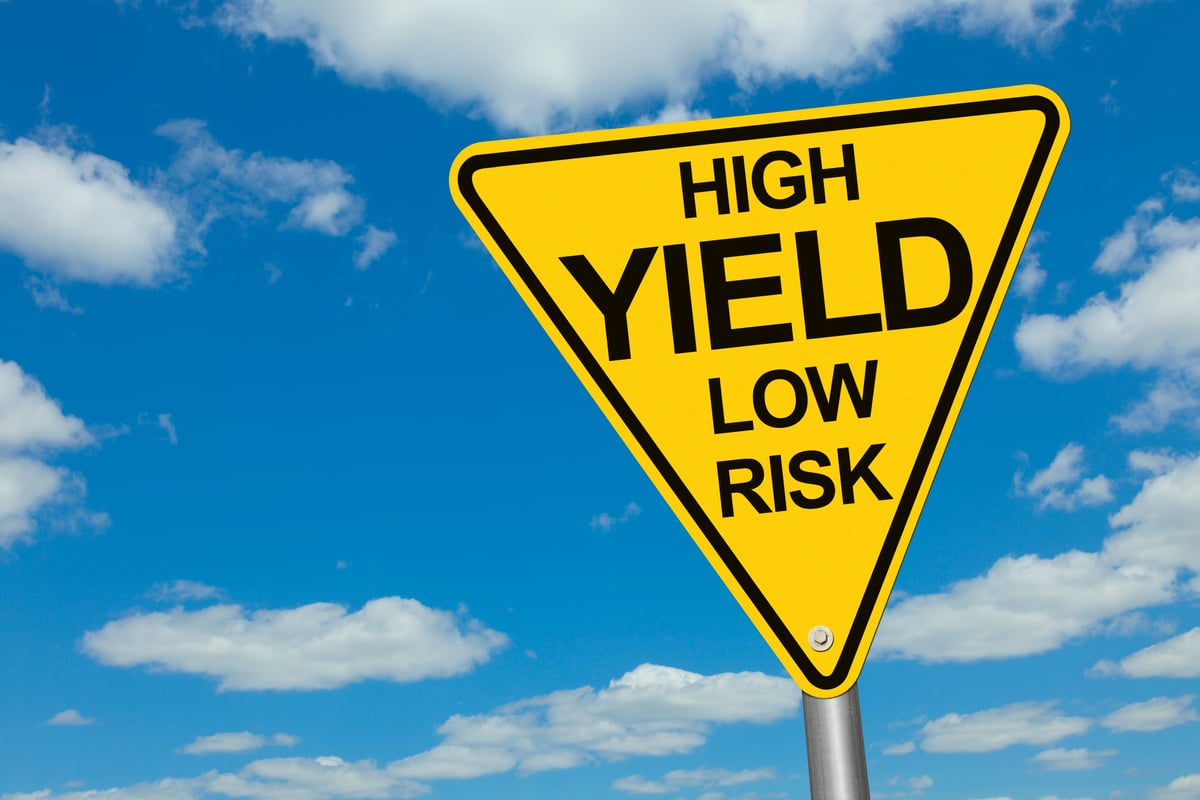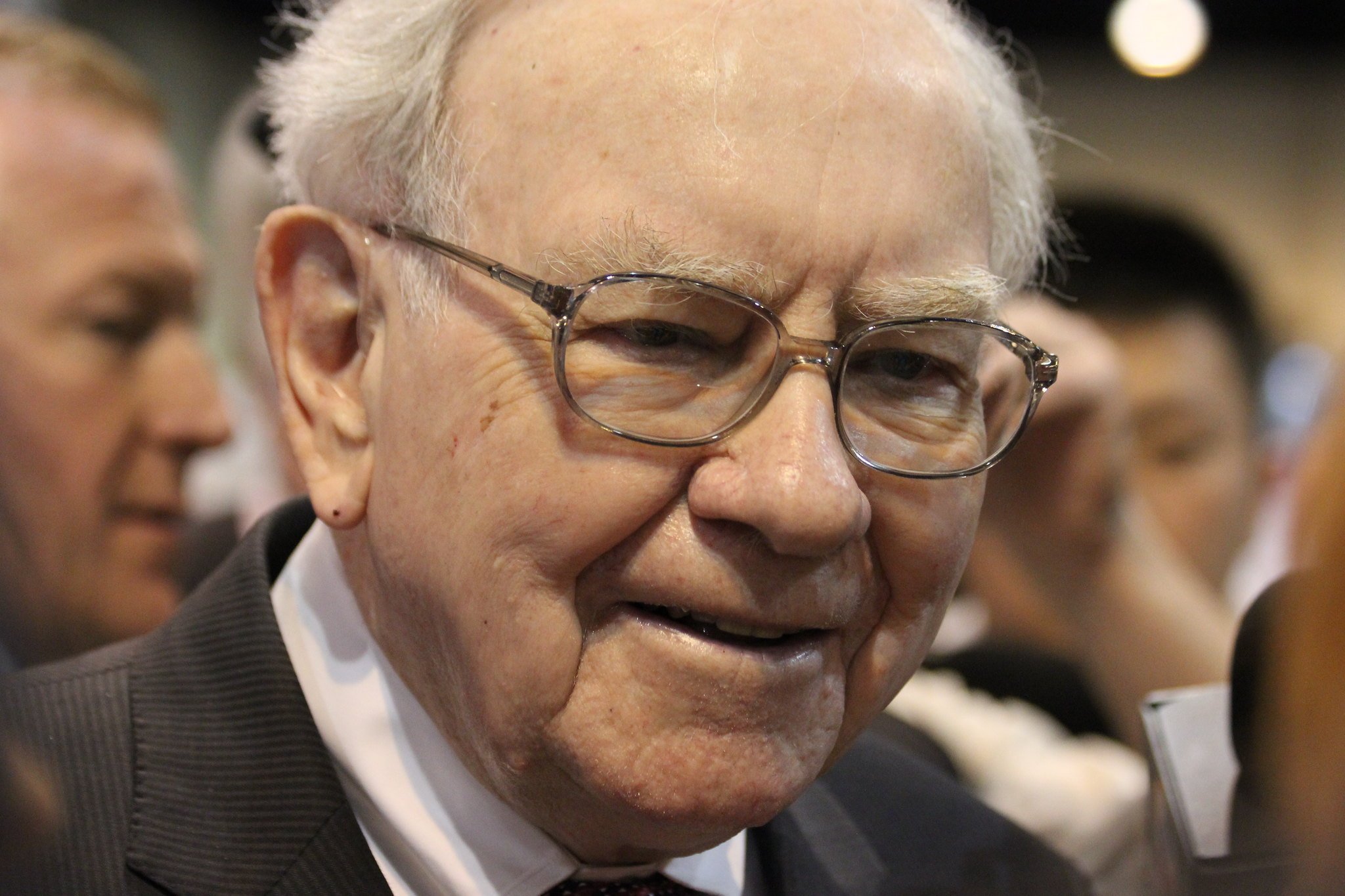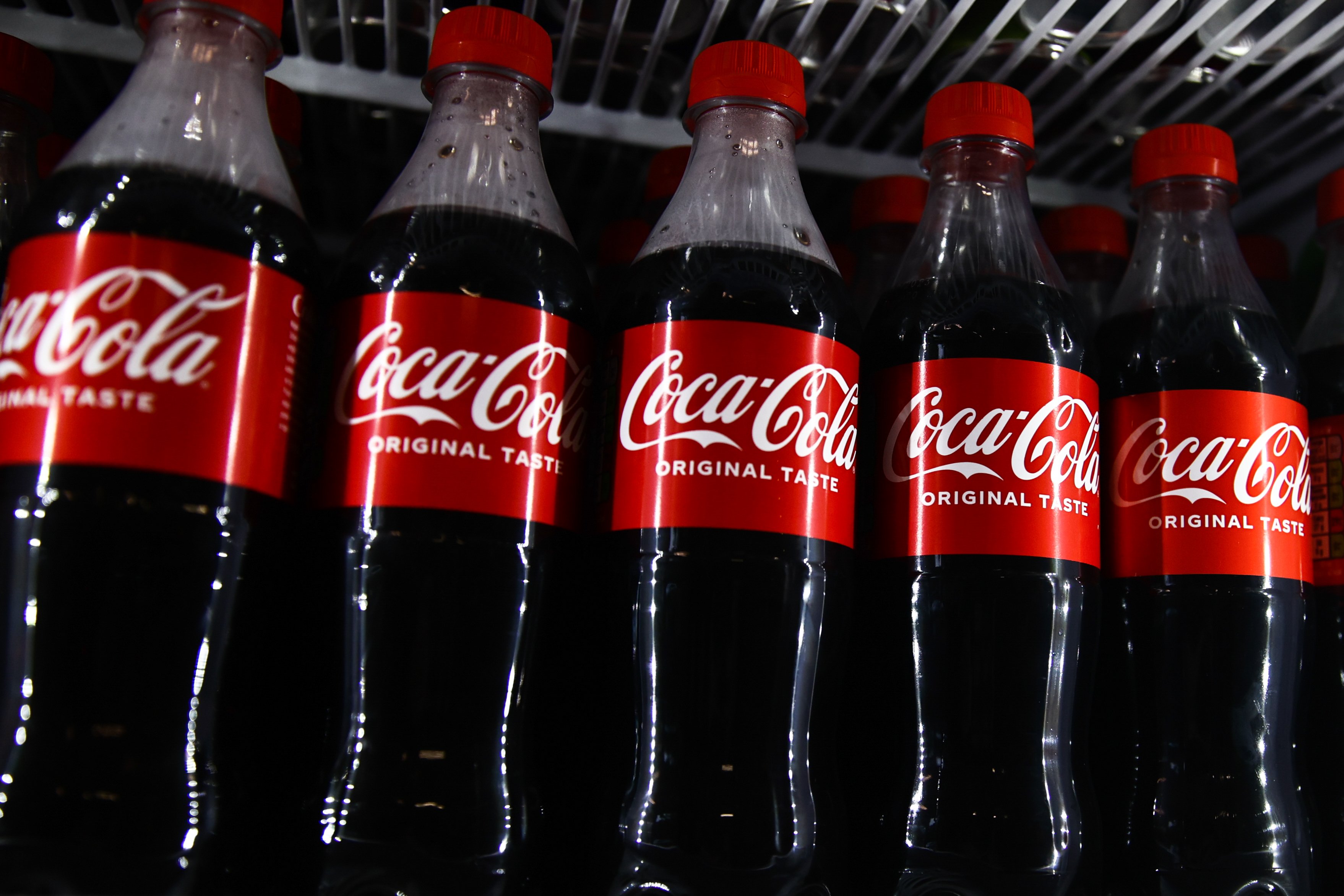
Coca-Cola surprised Wall Street as price hikes continue to pay dividends.
If Coca-Cola's (KO +2.71%) second-quarter earnings report from Wednesday morning sounds familiar, it's probably because the increased profits on lower revenue was the same tune it sang last quarter as price hikes and spending cuts let the beverage giant beat analyst expectations.
Yet it also shows that with beverage volumes still in decline, Coca-Cola is going to need to come up with a plan to reverse the trend as there is only so far it can go by boosting efficiencies. Customers will eventually become resistant to absorbing higher prices, and then where will it be?
Here are the highlights of Coke's most recent quarterly report:
- Net operating revenue of $12.16 billion, down 3% from last year.
- Net income of $3.11 billion, a 19% increase.
- Adjusted earnings per share of $0.63 versus $0.64 in the year-ago quarter.
- Consolidated unit case volumes up 2% from last year.
While Coca-Cola's numbers were down year over year, it still surpassed Wall Street's expectations, with analysts forecasting $12.1 billion in revenues generating a $0.60 per share profit.
Stagnating sales abroad coupled with consumer aversion to artificial sweeteners here at home in the U.S. have helped build a decade's worth of lower soda volumes. Diet Coke has become the poster child for this changing consumer taste profile and in the latest period its case volumes tumbled another 7% after falling 6% in 2014 when it finally lost the No. 2 spot for top U.S. soda brand to PepsiCo's namesake soda.

While sparkling beverage volumes improved for once, Coca-Cola is still seeing steep declines in Diet Coke sales.
Although Coke is experiencing a difficult time in foreign markets like those in Latin America, Eurasia, and Europe, where revenues dipped across the board, sales in the U.S. rose 3%, which is fortunate since it is also Coke's biggest market, representing about half of the total.
Yet it was the global price hikes that the soda maker initiated last quarter, as it saw an improving economy as a sign consumers would be willing to pay up, that bolstered its performance. It's also benefiting from the strong U.S. dollar against foreign currencies.
With sparkling beverages accounting for three-quarters of Coke's annual revenue last year, raising prices will have its limits even if it is serving the purpose of getting it through this rough patch. Competitors who want to gain market share could lower their prices, but with the benefit of lower commodity costs, Coke doesn't have to be as aggressive raising prices as it has been.
Coca-Cola CEO Muhtar Kent said in a statement, "We are executing against our strategic initiatives and remain focused on driving efficiencies through productivity and making disciplined investment decisions to accelerate growth."
Previously Kent acknowledged 2015 would be a transition year for the soda maker and with the beverage giant's stock virtually unchanged in midday trading, it suggests investors are content getting more of the same as they've gotten and that should help give Coca-Cola the opportunity to get its performance back on track.

